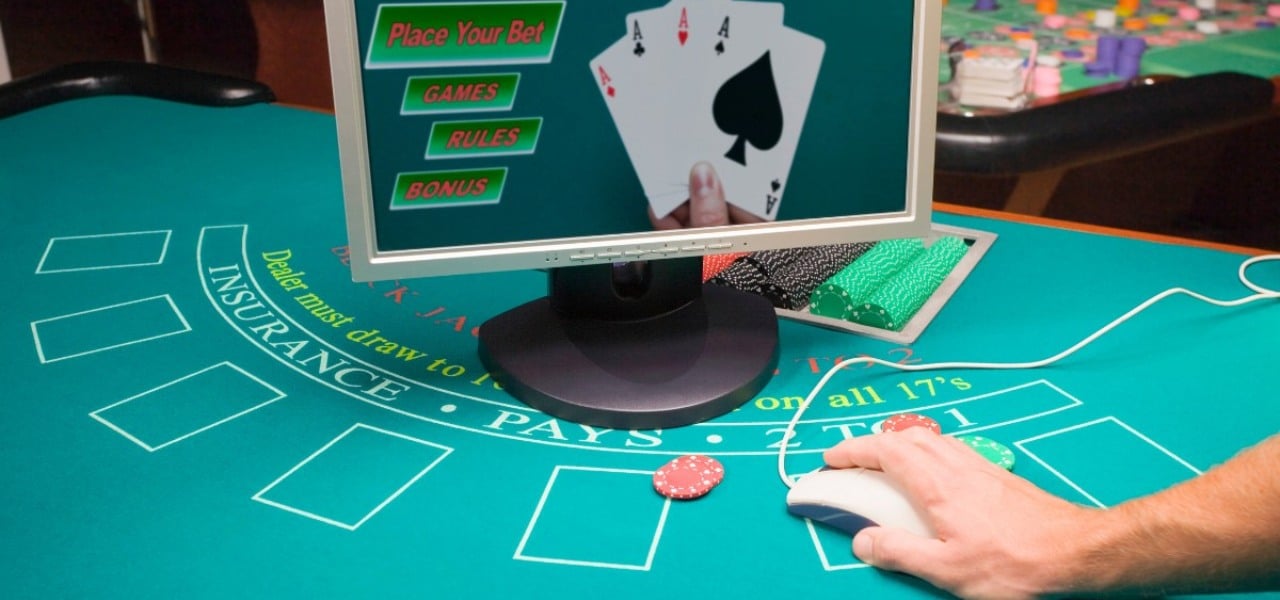Last updated: March 27, 2024

The Maryland Senate Budget and Taxation Committee’s brief hearing on the online casino bill reflects minimal interest, suggesting its legislative journey may end there. Del. Vanessa Atterbeary presented the bill, highlighting its revenue potential for education. However, concerns about socio-economic impacts and Senate reluctance cast doubt on its passage.
With excitement in the air, the Maryland Senate heard a House-passed bill relating to internet-based casinos in an event culminating many months of effort from both the House and the Senate. Nevertheless, the session lost tremendous attention from the committee members, and likely, it would wrap up the legislative discussions on this issue during the session.
Sponsored by Del. The bill, HB1319, which seeks to increase taxes on – household income, was moved for consideration at the Senate committee on budget and taxation and later passed at the House with a balanced vote of 92-43.
Although having a short conversation with some of the members, including a single member’s voice of concern and a committee chair’s definitive inquiries, the session lasted for just 18 minutes, leaving no ample room for more discussion.
Sources indicate that unless the Maryland online casino bill advances from the budget conference committee, it will unlikely undergo further hearings in 2024.
In her statement to the Senate’s committee, the Representative indicated to the committee members. Vanessa Atterbeary, the chair of the Maryland House Ways and Means Committee, has said the money from the Maryland online casinos should be counted when blueprinting the House budget.
She reiterated that to highlight the importance of the $300 million forecast approved for online casinos, which would provide key support to local jurisdictions and the state in funding programs like those envisaged by the Blueprint for Maryland’s Future and Beyond 2027.
Atterbeary unfailingly pleads lead for sustaining these programs which empower children, including the Pre-K, showing how critical the cause was for her.
Carnival Atterbeary also pointed out the widespread use of unlicensed online gambling as a reason for regulation to dissuade the black market. After providing a comparison with cannabis legalization, she made it clear that rules and regulations would have to be set up to guarantee the safety of the players.
Atterbeary’s comments largely explain the advantages surrounding licensing the web casino markets for more than direct funding, consumer protection and programs.
At a Senate hearing, Senator Joanne Benson brought attention to the possible aftermath of gaming industry legalization in Maryland, indicating concerns related to cannibalism and the negative social consequences of this matter.
According to Benson, a study by the Center for Data Analytics and Sports Gaming Research from Morgan State University highlighted these issues the previous year. She also referred to the possibility of detriment to areas filled with people of color, including the current casinos. She suspected the consequences of losing jobs and injuring businesses.
In response, Del. Vanessa Atterbeary indicated the problems were an issue for her, too, but she hadn’t read the Morgan State report yet. In contrast, there was a reference to Michelle McGregor from Sports Betting Alliance, who used a study that showed that iCasino brings back traditional casino customers and can restore the declining market.
Besides that, Atterbeary referred to meetings held with officials from other states, which he ensured did not register any negative impacts from online gaming on normal land-based casinos.
Del. On his map, Vanessa Atterbeary spelt out to the House how they solved the issue of cannibalization by establishing a Video Lottery Fund Displacement. To this end, a separate fund, managed by the Department of Labor, Maryland, will be created to assist employees laid off by brick-and-mortar casinos as a direct result of internet gaming.
Atterbeary commended the proactive House approach; it had six reports, one hinting at the possibility of competition from local establishments. To reduce anxiety, which many might probably have about job loss, the house allocated a fund of $10 million to the pool.
The employment of traditional casinos is conducted through financial support, which is meant for their employees who will be laid off due to the introduction of Internet gaming.
The primary purpose of the first year of internet gambling income’s yield is to facilitate the fund up to $10 million.
The fund’s contributions are intended to cover administrative expenses, provide grants to affected employees, supplement unemployment insurance payments, establish job training programs, and support any other initiatives deemed necessary by the Maryland Department of Labor to assist displaced employees of video lottery facilities.
In recent developments, both the House and Senate of Maryland passed their respective budget plans, showcasing a significant disparity regarding the inclusion of iCasino revenue. While the House embraced iCasino earnings as part of its budget proposal, the Senate opted to omit such provisions.
Sen. Ron Watson, a leading advocate for online casino legislation in the Senate, revealed the Senate’s hesitation to move forward with iGaming due to apprehensions surrounding problem gambling and potential market cannibalization. In an interview with PlayUSA, Watson emphasized the Senate’s commitment to maintaining a balanced budget without resorting to tax increases.
A pivotal conference committee, comprising members from both chambers, is set to convene shortly to reconcile discrepancies between the House and Senate budget proposals. Among the committee members are notable figures such as Sens. Guzzone, Rosapepe, McCray, King, and Corderman, alongside Delegates Barnes, Chang, Lewis, Smith, and Ghrist.
Reports surfaced last week from Maryland Matters indicating that Senate leadership, including Senate President Bill Ferguson, have categorically dismissed iGaming as a feasible option. Despite acknowledging shared values with the House, Ferguson reiterated the Senate’s unwavering stance against both iGaming and combined reporting.
With a final vote on the Maryland budget scheduled for April 3 and the legislative session concluding on April 8, the prospects for Maryland’s online casino legislation appear increasingly dim. Sen. Watson expressed scepticism about the bill’s survival beyond the budget committee, suggesting a potential deadlock that could ultimately derail its progress.

